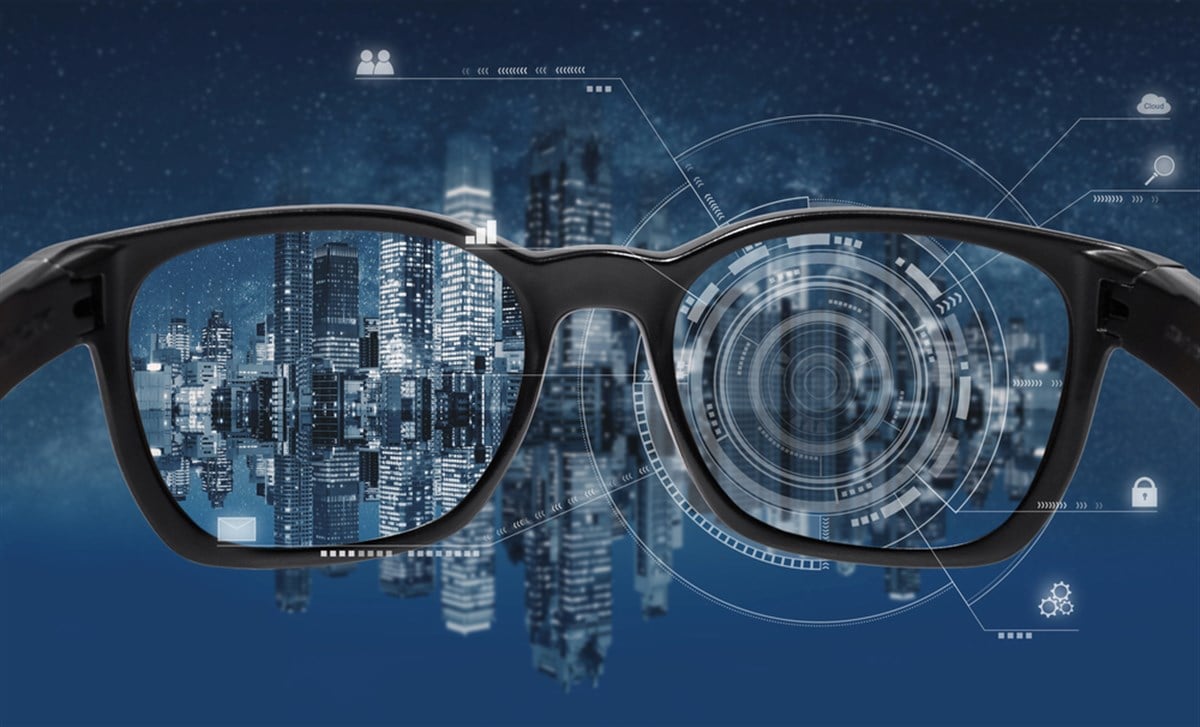A Message from Awesomely, LLC So check this out Wall Street has quietly used this "weird little anomaly" to cash flow billions since 1973. And you've likely never heard of it. It's called the Black-Scholes Anomaly. And now, thanks to this new video my friend Andy Tanner just posted... Regular investors like you and I are using it to get instant cash the 3rd Monday of every month. - w/o betting the farm.
- w/o complicated systems.
- w/o obsessing over market news. But that's not even the best part, which is all it takes is... Just four clicks. Once a month. Repeat as often as you like. Click Here For Details
Today's Bonus Article 2025: A Pivotal Year for Smart Glasses As Meta Invests in Ray-BanWritten by Leo Miller 
Meta Platforms (NASDAQ: META) has built what is indisputably one of the world’s most successful businesses, but that doesn’t mean there haven’t been flops along the way. Meta’s most notable miscalculation was its full-blown “metaverse” push back in 2021. Founder Mark Zuckerberg envisioned a world where people would communicate in avatar-centric virtual environments, eventually replacing smartphones. This caused the company to change its name to Meta from Facebook in October 2021. From then until the end of 2022, Meta shares lost approximately 62% of their value. Fortunately for Zuck, shares have roared up by a whopping 500% since the end of 2022, as of July 14. Shifting from the metaverse toward AI-enabled advertising was exactly what Meta needed. Still, the metaverse lives on through Meta’s Reality Labs segment, which Zuckerberg still sees as key to the company’s future. Evidencing this is the nearly 3% stake Meta has reportedly bought in EssilorLuxottica (OTCMKTS: ESLOY), the maker of Ray-Ban and Oakley glasses. Meta makes smart glasses in collaboration with these two brands. So, what does this say about the future of Reality Labs, and can it become a positive contributor to the overall company? Meta’s EssilorLuxottica Investment: A Vote of Confidence From Both Firms It is important to realize that Meta has succeeded over the past several years in spite of Reality Labs, not because of it. Over the last nine quarters, Reality Labs generated less than $4.5 billion in revenue and had an operating loss of approximately $38 billion. Meta’s investment in EssilorLuxottica doesn’t change this. But, it does signal how deep both firms' commitment to smart glasses is. Meta may now be one of the larger shareholders in EssilorLuxottica, especially as its stake could grow to 5%. This could give it some ability to influence EssilorLuxottica’s operations going forward. Given the two firms' long-standing collaboration on smart glasses, it is likely that EssilorLuxottica was aware of, or at least not opposed to, Meta’s investment. This signals that EssilorLuxottica is confident in the long-term future of smart glasses. They likely wouldn’t want Meta as a big shareholder if the two did not truly share a long-term strategic vision. At the same time, Meta is doubling down on Reality Labs. It is betting that EssilorLuxottica’s shares will rise based on the adoption of the tech that the two build together. Smart Glasses Are the Path Forward, But Lofty Goals Remain Far Flung The investment also signals that Meta is shifting its focus more toward smart glasses, as opposed to VR headsets. This is a good sign for the future of Reality Labs. For Reality Labs to become profitable, sales need to rise massively. The Vision Council estimates that around 85% of Americans wear non-prescription sunglasses. Thus, targeting this market is much more likely to bring the scale that Reality Labs needs as opposed to VR headsets. Additionally, smart glasses are for everyday use, while VR headsets cater to gaming and entertainment. This provides greater opportunities for the company to build other revenue streams, such as advertising or subscriptions, into the smart glasses. In 2024, Meta reportedly sold one million of its Ray-Ban smart glasses. Zuckerberg aims to increase this number to between two million and five million by 2025. However, in Q1, Reality Labs sales fell around 6% from the prior year quarter, putting the company solidly behind the eight ball when it comes to reaching this goal. Meta released its Oakley smart glasses in July and is planning another release with Prada. It's possible that these releases could help the overall segment, as Meta specifically targets athletic and luxury-oriented consumers. 2025 Is a Big Year for Reality Labs As Implications for Shares Increase Meta’s returns over the past several years show that it hasn’t needed Reality Labs to be successful for the stock to appreciate. Given this, some might assume that Meta is playing with house money; any improvement in this part of the business will be beneficial to shares. However, a huge new competitor is rising up. Google parent company Alphabet (NASDAQ: GOOG) is partnering with Samsung Electronics (OTCMKTS: SSNLF) and Warby Parker (NYSE: WRBY) to release its own smart glasses in 2026. If their offering really takes off, Meta shares could get whacked. Thus, seeing strong sales growth in Meta’s smart glasses becomes ever more important in 2025. Reality Labs will almost certainly not achieve profitability anytime soon. However, building on its lead in smart glasses could add upside to shares. At the same time, failing to do so could prove costly. |
0 Response to "Instant Cash (in 4 clicks)"
Post a Comment